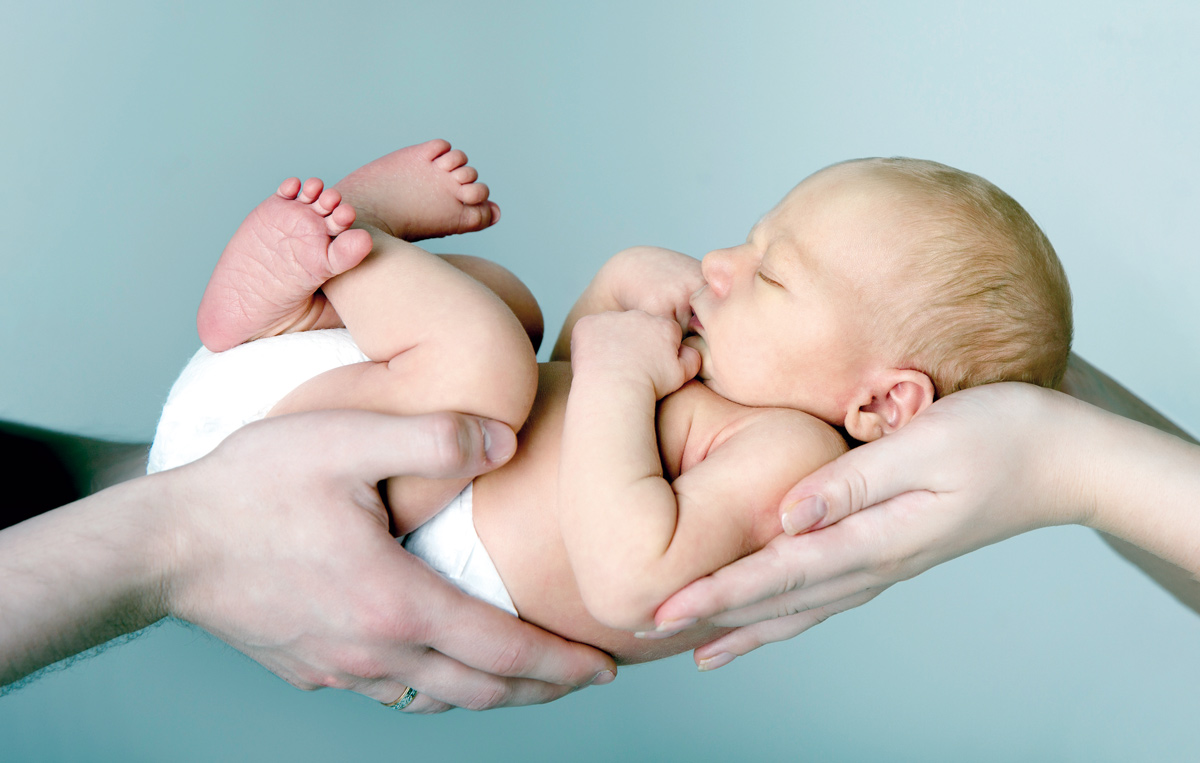 Nadeen Laljee-Curran explores the minefield of becoming a mother through surrogacy.
Nadeen Laljee-Curran explores the minefield of becoming a mother through surrogacy.
Surrogacy remains relatively uncommon in WA, leading to an unclear understanding by many in health services. My own experiences and conversations with Perth mums through surrogacy, shine a light on the need for more understanding and empathy.
I am grateful to my GP, who despite time pressures, provided a safe space for me when she had to deliver the likely diagnosis of premature ovarian failure. Whilst it is widely understood that not having children is lifechanging, in my experience not all health professionals realise that for some women, the role of motherhood is intrinsic with womanhood.
Studies have shown that many infertile women feel incomplete and become constantly preoccupied with the quest for motherhood. This was certainly me. I was willing to go to any lengths to have a child. Having a kind and empathetic GP made all the difference. I was also lucky because my GP referred me immediately, as she understood there was little time to waste.
Unfortunately, the same wasn’t true for Gayle – her GP didn’t know surrogacy was an option. He focused on things for her to try in her pregnancies even though her condition had seen her miscarry once and forced to terminate three pregnancies to save her own life. Perhaps an earlier referral to surrogacy might have saved Gayle and her husband a lot of heartache.
Gayle, who had her daughter through surrogacy in Canada, explained that she had suffered so much loss that she had trouble enjoying the good news when her surrogate was eventually pregnant. The women I spoke with all suffered anxiety through the pregnancies and appreciated having GPs who understood how hard it was for us to trust someone else to do what we longed to do.
As mothers we have had mixed experiences with health services since having our children. One of the more difficult experiences has been doctors questioning whether it is legal in Australia. Although the difficulty is fragmented and inconsistent laws across Australia, a better understanding of WA’s reproductive technology laws would vastly improve the consumer experience.
For children born through surrogacy in Western Australia, there is a legal process whereby the parentage must be transferred from the birth parents to the intended parents – the parents who will love and raise the child.
When Rebecca* had a child through a local Perth surrogate she immediately applied for a transfer of parentage but it took nearly 12 months for her son to be legally recognised as hers. Rebecca luckily had a flexible and compassionate GP who understood their experiences and the needs of the child.
He treated the child supervised by his (biological but not legal) parents in the interim period. If this had not been the case, it would have been difficult for Rebecca to seek health care for her child. She recounted a time when her regular GP was unavailable and she put off seeing a GP as she was concerned to go to anyone else.
A trip to the hospital emergency department was also very distressing as she did not come up as the mother on the state register.
“My friend, a mum of two herself, had carried a baby for me for nine months and given birth only weeks earlier, the last thing I wanted to do was ask her to come with us to the GP! She had already given so much,” Rebecca said.
The mums I spoke to also shared how comments or questions based on assumptions could be hurtful. They explained that they had encountered doctors who didn’t understand surrogacy and different types of surrogacy.
I was recently asked by a doctor trying to understand family medical history, if I knew much about my child’s ‘mother’ given she was donor-conceived. I do know because she is my biological daughter. Surrogacy does not necessarily mean egg donation and assumptions like this are easy to avoid.
There are two types of surrogacy, traditional and gestational. Traditional surrogacy is where the surrogate’s own egg is used, so the resulting child is the surrogate’s biological child. Gestational surrogacy uses the intended mother’s egg, or that of an egg donor, so that the resulting child has no genetic link to the surrogate or gestational carrier.
When discussing what we wish all health providers knew about surrogacy, we all agreed: an understanding of the law in WA, the types of surrogacy and accepted terminology.
Surrogacy terminology is extremely important; using the wrong terminology has the potential to undermine our desire to be treated like any other mother.
Simple adjustments are meaningful and respect all those involved: “surrogate’ rather than ‘surrogate mother’, or worse still ‘mother/mummy/mum’. While a surrogate is a very special person in the lives of a family, a surrogate is not mum, nor would she want to be. However, I am ‘Mum’ and I have definitely earned that title.
ED: *Name has been changed for privacy
Nadeen Laljee-Curran is an engagement coordinator at Health Consumers’ Council.

